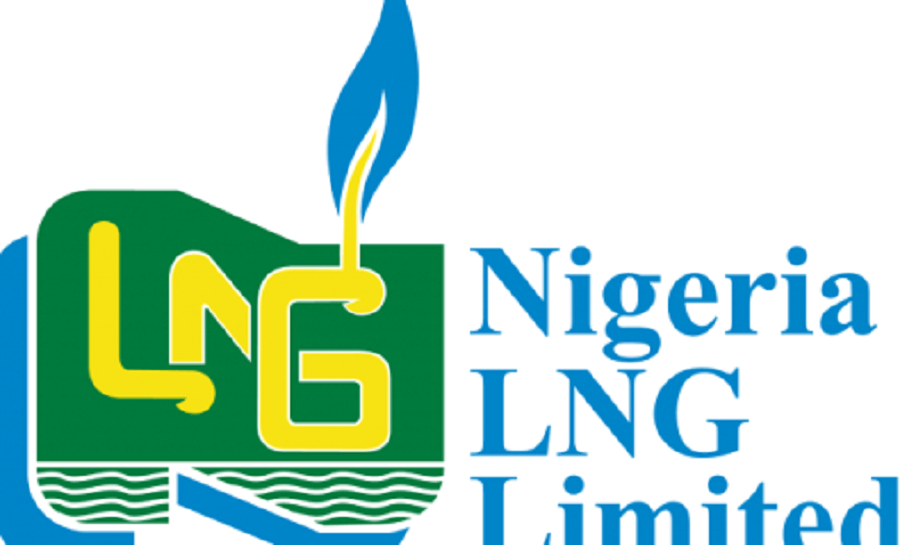- US Penetrates Nigeria’s LNG Export Markets
The United States is gradually making inroads into export markets that Nigeria sends its Liquefied Natural Gas cargoes to as the North American country’s LNG exports quadrupled in 2017.
With two projects scheduled to come online this year and another two in 2019, the country is set to surpass Nigeria in terms of the LNG export.
Nigeria, according to the 2017 World LNG Report, retained its position as the fourth-largest exporter of the LNG in 2016, while the US occupied the 16th position.
The Energy Information Administration, the statistical arm of the US Energy Department, said on Wednesday that the country saw substantial increases in exports of all fossil fuels last year, with exports of crude oil, natural gas and petroleum products rising by 89 per cent, 36 per cent and 11 per cent, respectively over the prior year.
The US exports of the LNG reached 1.94 billion cubic feet per day (about 708Bcfpd) in 2017, up from 0.5Bcfpd (182.5Bcfpd) in 2016.
Data obtained from the Nigerian National Petroleum Corporation showed that export gas to the Nigeria LNG Limited was 1.12Tcf last year, translating to 3.06Bcfpd.
According to its latest Facts and Figures report, the NLNG currently manages 16 long-term LNG Sale and Purchase Agreements executed with 10 buyers on a Delivered Ex-Ship basis.
It said, “The long-term LNG buyers take delivery of their volumes at receiving facilities spread across the Atlantic Basin in countries such as Spain, France, Portugal and Italy in Europe, Turkey, Mexico and the United States of America.
“In recent times, the NLNG cargoes have been delivered to the Far East, Middle East, South America and the United Kingdom through existing customers and via Spot Free on Board Master Sales Agreements with several companies.”
The NLNG said volumes had been delivered to receiving facilities in Japan, South Korea, Taiwan, China, India, Kuwait, Brazil and Argentina, adding that this had positioned the company as a major player in the global gas/LNG industry.
The EIA said more than half (53 per cent) of the US LNG exports in 2017 were shipped to three countries: Mexico, South Korea, and China, all of which had received the LNG volumes from Nigeria.
It said Mexico received the largest amount of the US LNG exports, at 20 per cent of the 2017 total.
“As the LNG exports increased, shipments went to more destinations. The US LNG exports in 2017, all of which originated from Louisiana’s Sabine Pass liquefaction terminal, reached 25 countries,” the EIA said.
In Asia, the widening difference between the Henry Hub natural gas price – to which the US LNG contract prices are indexed – and crude oil – to which the LNG prices are benchmarked in Asia – helped to drive increases in the LNG imports from the United States, it said.
The agency said exports to South Korea accounted for 18 per cent of the total US LNG exports in 2017 and were part of long-term contracts between sellers Cheniere Energy and Shell and the Korean natural gas buyers – utilities KOGAS and KEPCO.
It said, “Exports to China made up 15 per cent of the total US LNG exports. These exports were sold mostly on a spot basis, with volumes in October, November and December increasing as record-high LNG demand prompted China to seek additional LNG on the global spot market to supplement contracted volumes.
The EIA said almost 60 per cent of the US LNG in 2017 was sold on a spot basis to more than 20 countries in Asia, North and South America, Europe, the Middle East and North Africa, and the Caribbean.
It said, “Although liquefaction capacity at Sabine Pass is fully contracted under long-term contracts to various buyers, flexibility in those contracts’ destination clauses allows the US LNG to be shipped to any market in the world.
“After countries in Asia and North America (Mexico), countries in Europe collectively accounted for the third-largest share of the US LNG exports. The LNG imports by several European countries increased in 2017, driven by increased demand primarily from the power generation sector.”
The EIA attributed the increase in the LNG exports over the past two years to the continuing expansion of the US LNG export capacity.
Two LNG projects – Sabine Pass in Louisiana and Cove Point in Maryland -have come online since 2016, increasing the US LNG export capacity to 3.6Bcfpd.
Four more projects are scheduled to come online in the next two years: Elba Island LNG in Georgia and Cameron LNG in Louisiana in 2018, then Freeport LNG and Corpus Christi LNG in Texas in 2019.
“Once completed, the US LNG export capacity is expected to reach 9.6Bcfpd by the end of 2019. As export capacity continues to increase, the United States is projected to become the third-largest LNG exporter in the world by 2020, surpassing Malaysia and remaining behind only Australia and Qatar,” the EIA said.
In Nigeria, three LNG projects, namely, Olokola LNG, Brass LNG and the NLNG’s Train 7, have suffered setback in recent years as a result of the delay in taking final investment decision by the stakeholders.
Last month, the Managing Director and Chief Executive Officer, NLNG, Mr. Tony Attah, stated that the country was losing its competitive advantage in the global LNG market.
“Nigeria started 24 months after Qatar. Qatar now produces 77 million tonnes per annum and is the number one LNG supplier in the world, while Nigeria is still on 22 MTPA. Australia is already flooding the market and will knock down Qatar to the third or fourth place,” he said at the Nigeria International Petroleum Summit in Abuja.

 Forex4 weeks ago
Forex4 weeks ago
 Naira3 weeks ago
Naira3 weeks ago
 Billionaire Watch3 weeks ago
Billionaire Watch3 weeks ago




 Naira3 weeks ago
Naira3 weeks ago








 Naira3 weeks ago
Naira3 weeks ago


 Naira2 weeks ago
Naira2 weeks ago








 Naira2 weeks ago
Naira2 weeks ago








 Naira4 weeks ago
Naira4 weeks ago
























